The Top 10 Performances of 2013
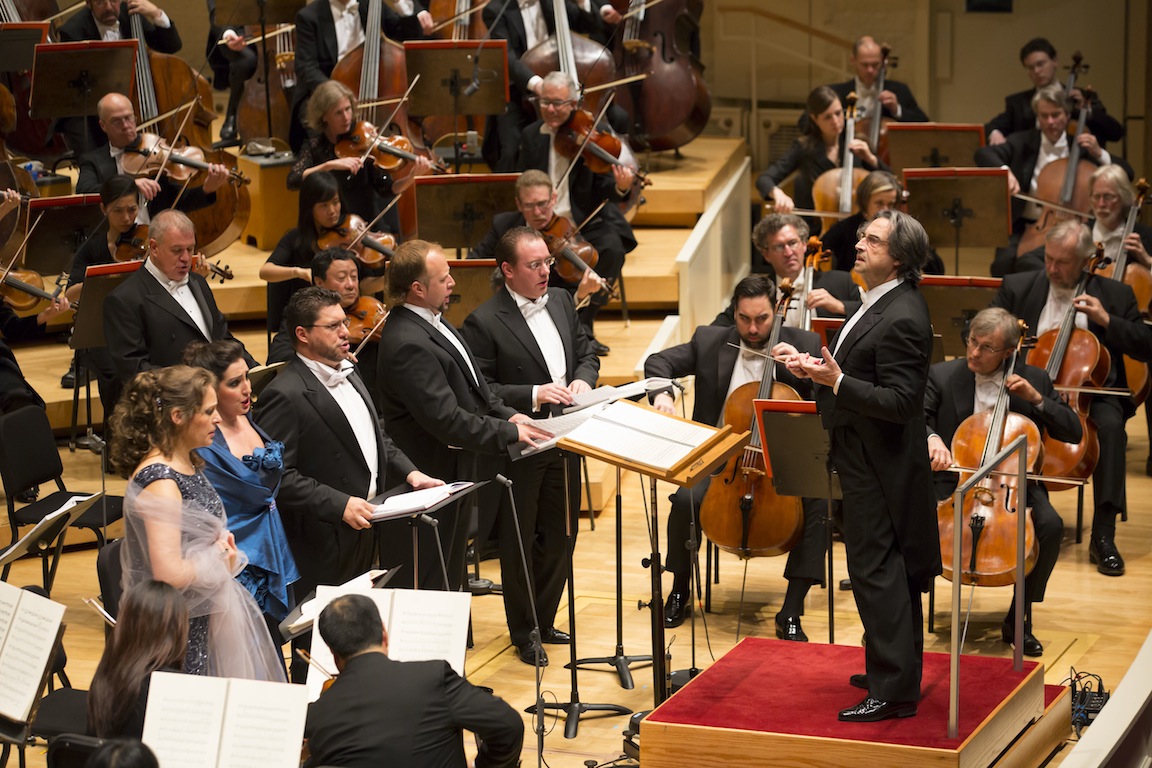
1. Riccardo Muti and the Chicago Symphony Orchestra: Verdi’s Macbeth
Riccardo Muti’s year with the CSO began on a low note with the conductor’s flu and hernia surgery causing him to cancel his January dates and a long-planned CSO Asian tour.
Yet after that dismaying start, the partnership of the orchestra and their beloved Italian maestro went from strength to strength in 2013, culminating in the magnificent September concert performances of Verdi’s Macbeth. The highlight of the CSO concerts marking Verdi’ s 200th birthday, this riveting concert offered Chicago’s finest opera performance of the year as well, with Tatiana Serjan’s vividly characterized and beautifully sung Lady Macbeth leading a faultless cast. The gleaming power and hair-trigger responsiveness of the CSO was jaw-dropping under Muti’s inspired direction, his lifetime of Verdi experience and scholarship shining through every bar.
2. Matthias Goerne: Schumann and Mahler lieder at Ravinia
Matthias Goerne’s annual Ravinia recitals have become must events for vocal connoisseurs. In July the German baritone offered another memorable program with his own cycle of thematically linked songs by Schumann and Mahler. Goerne’s identification with these settings was manifest and complete, the singer conveying the nuances of every stanza with striking expressive commitment. Matthias Goerne is a true artist. Mark January 19 on your calendar now, when he will return to perform Schubert’s Die schone Mullerin with pianist Christoph Eschenbach at Symphony Center.
3. Carlos Kalmar and the Grant Park Orchestra: Barber, Copland and Prokofiev
Carlos Kalmar and the Grant Park Orchestra and Chorus had one of their finest seasons in recent years this summer with several first-class performances. Pride of place went to the opening American-Russian program in June. Prokofiev’s Alexander Nevsky--a festival staple–was predictably rousing and atmospheric.
Yet most significant were the two American works that preceded the cantata. The Grant Park Music Festival—in stark contrast to the city’s two largest classical organizations—remains firmly committed to presenting music of great American composers. Kalmar and the GPO were at their finest in a hair-raising account of Medea’s Meditation and Dance of Vengeance by Samuel Barber. And Kalmar’s revelatory performance of Aaron Copland’s Billy the Kid found a richness and valedictory depth in this score that even surpassed Leonard Bernstein. There is no finer conductor of American music currently before the public than Carlos Kalmar.
4. Alan Heatherington and the Ars Viva Symphony Orchestra: Diamond, Vaughan Williams and Schubert/Mahler
Alan Heatherington has presented several distinguished performances with his Ars Viva Symphony Orchestra in recent seasons, not least his acclaimed Sibelius cycle. March brought one of their most singular collaborations to date in a program for strings composed of three rarely heard works. A violinist and former leader of the Chicago String Ensemble, Heatherington and his forces were at their finest in a fizzing performance of David Diamond’s Rounds, a nostalgic rendering of Vaughan Williams’ Five Variants of Dives and Lazarus and a deeply expressive yet dynamically terraced account of Schubert’s Death and the Maiden quartet in the arrangement by Mahler for string orchestra.
5. Keller Quartet: Beethoven’s String Quartet in A minor, Op. 132
The Keller Quartet was a substitute for the canceled Pavel Haas Quartet at this University of Chicago Presents event in April. The Hungarian ensemble offered worthy Brahms and Schnittke, yet the Keller Quartet’s performance of Beethoven’s Quartet in A minor, Op. 132, was unforgettable. The Adagio rose to an elevated spiritual introspection that seemed to come from another realm.
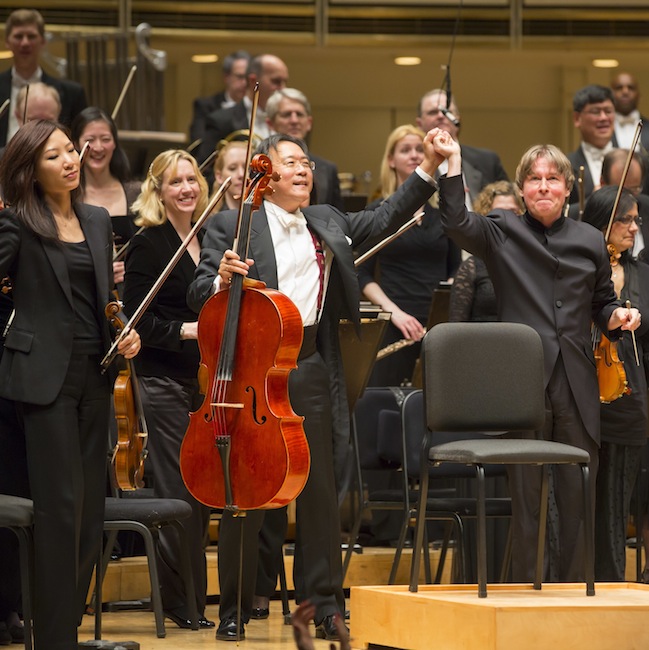
6. Esa-Pekka Salonen and Yo-Yo Ma with the Chicago Symphony Orchestra: Sibelius, Lutoslawski and Tchaikovsky
Esa-Pekka Salonen’s stands with the CSO continue to be annual highlights and this February-March program was no exception. In addition to a Sibelius Seventh Symphony of austere majesty, Salonen and the CSO delivered an explosive account of Tchaikovsky’s Francesca da Rimini and a riveting performance of Lutoslawki’s Cello Concerto with Yo-Yo Ma in his finest local solo outing of recent seasons.
7. Ensemble Dal Niente: Stockhausen’s Kontakte at the Beethoven Festival
George Lepauw’s International Beethoven Festival offered another cornucopia of wide-ranging music in September. Of the performances I caught none proved more compelling than Ensemble Dal Niente’s bravura realization of Karlheinz Stockhausen’s Kontakte. The celebrated 1960 work for percussion, piano and spatial electronics was brilliantly realized, serving up a dazzling range of colors, sounds and effects.
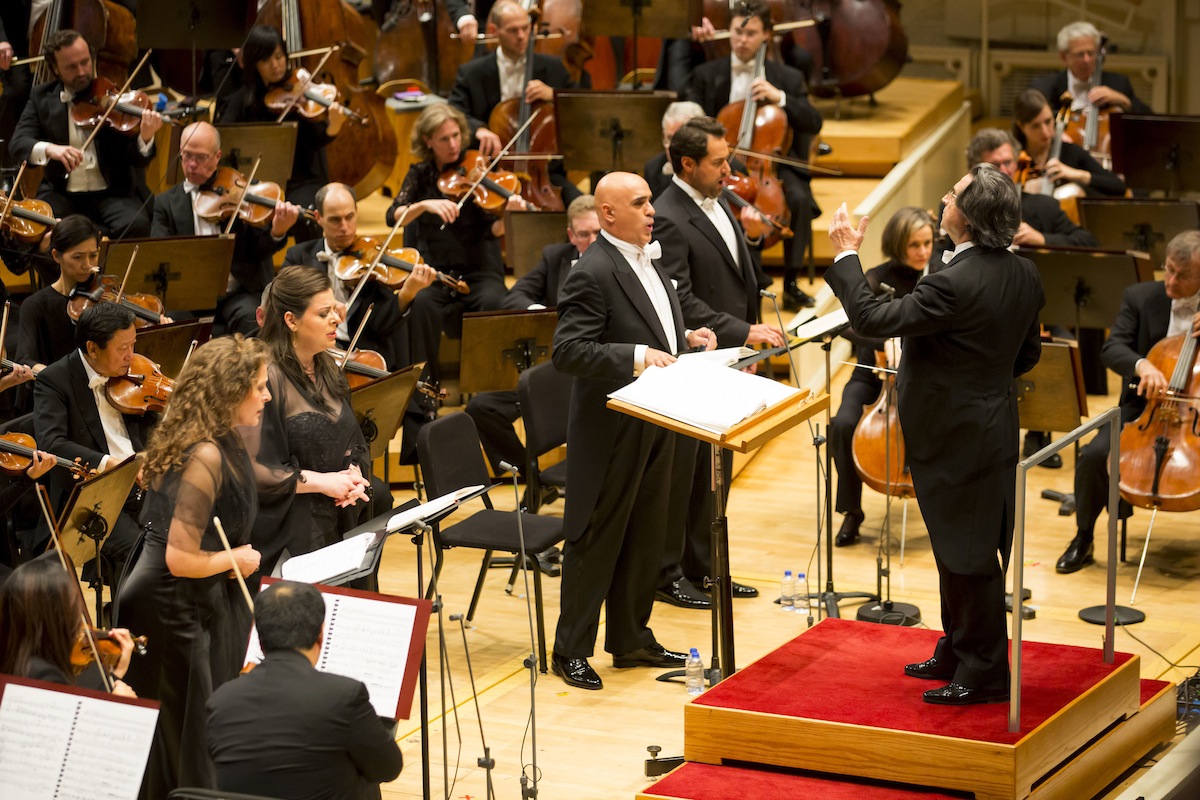
8. Riccardo Muti and the Chicago Symphony Orchestra: Verdi’s Requiem
With this grand finale to this fall’s Verdi celebrations streamed live on the internet, the world got to experience the combustible partnership of Riccardo Muti and the CSO in Verdi’s Requiem. This powerful October performance even eclipsed the celebrated live 2009 recording by the same forces.
9. Michael Tilson Thomas and the Chicago Symphony Orchestra: Mahler’s Symphony No. 9
Is there a finer living Mahler interpreter than Michael Tilson Thomas? I think not. The American conductor and the CSO brought out the nostalgia, humor, sarcasm, tragedy and transcendent beauty of this remarkable score in November.
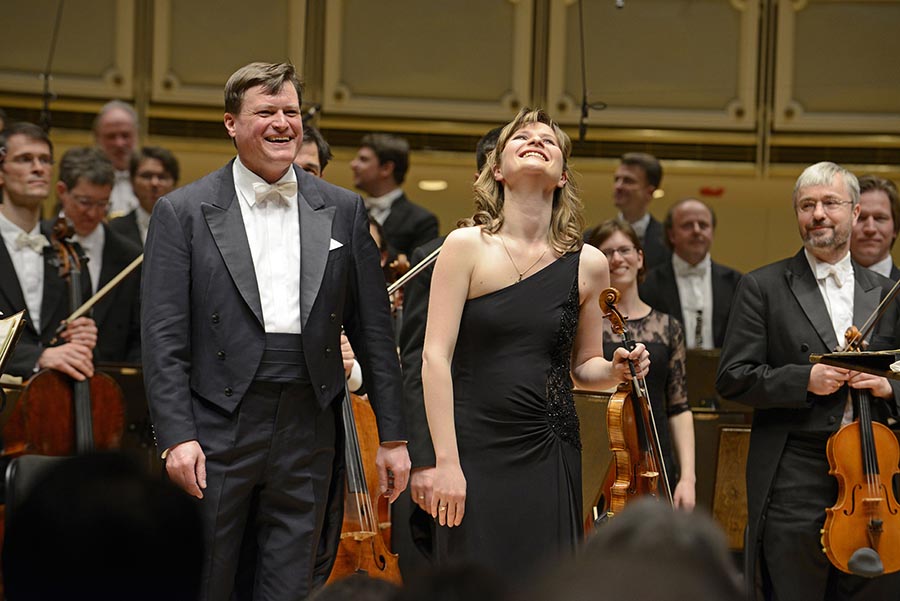
10. Christian Thielemann and the Dresden Staatskapelle with Lisa Batiashvili
The most venerable German orchestra with the leading German conductor of our time in an all-Brahms program. What’s not to like? The results managed to exceed even the high expectations for this April event, crowned by Lisa Batiashvili’s fresh and individual account of the Brahms Violin Concerto.
Honorable Mentions
Music of the Baroque’s lively and colorful account of Handel’s Israel in Egypt under Jane Glover; Lyric Opera’s witty and delightful Fledermaus and magisterial Die Meistersinger, the latter given magnificent musical advocacy by Sir Andrew Davis and the Lyric Opera Orchestra; Carlos Kalmar’s glorious Vaughan Williams Fifth Symphony and an auspicious local debut by soloist Martin Fröst in Nielsen’s Clarinet Concerto with the Grant Park Orchestra; riveting accounts of James Macmillan’ s Confessions of Isobel Gowdie and John Adams’ Harmonium by Kalmar and the GPO; Katarzyna Musial’s wide-ranging piano recital at the Beethoven Festival; Steven Isserlis and Kirill Gerstein warming up Mandel Hall on a cold January night.
Also Jeff Yang’s local premiere of the Wolfgang Rihm Violin Concerto with ACM; Yuja Wang’s spellbinding Prokofiev Third Concerto with the CSO; the opening Russian program at the North Shore Chamber Music Festival; Nicholas Kraemer’s Handel and Haydn program with Music of the Baroque; the Hindemith Quartet for Clarinet, Violin, Cello and Piano by the Orion Ensemble; Rachmaninoff’s Cello Sonata by Brant Taylor and Kuang-Hao Huang at the Rush Hour Concerts; Winston Choi’s mesmerizing prepared-piano rendering of Andy Akiho’s Vick(i/y) at MusicNOW; and the haunting performance of Dvorak’s tone poem The Water Goblin, by the CSO and Mark Elder.
_______________
The concert version of Verdi’s Aida at Ravinia led by James Conlon. Glorious orchestral sound from the CSO and a luminous cast led by newcomer Latonia Moore that included tenor Roberto Alagna, Michelle DeYoung and Morris Robinson adding their own magic to the CSO’s Verdi bicentennial celebrations. As part of a season-long series focused on University of Chicago composers, Contempo offered a concert devoted to Ralph Shapey’s music in March by Nunc, a New York-based chamber ensemble. Enhanced by a comprehensive display of scores and photos in the lobby of the Logan Center concert hall, the performance offered a revealing portrait of a composer whose musical voice can be witty and gentle as well as challenging. (Wynne Delacoma)
Haymarket Opera’s production of Telemann’s Pimpinone filled a significant void since neither Lyric Opera nor Chicago Opera Theater have presented any Baroque opera for two straight seasons. Pimpinone was so wonderfully sung and cleverly staged that it stands as one of the greatest opera experiences of the year.
The most memorable non-Muti night at the CSO was when violinist Michael Barenboim, son of former Chicago Symphony Orchestra music director Daniel Barenboim, made a stunning CSO debut playing the Schoenberg Violin Concerto. Asher Fisch, a one-time protégé and former conducting assistant to Daniel Barenbiom, stepped in for an indisposed Pierre Boulez and rose to the occasion with aplomb, not changing the program which also included Wagner and Mahler.
Of the various concerts devoted to the Britten centennial, Lincoln Center Chamber Music Society at Harris Theater showcased in a single concert the many musical forms that Britten had mastered going back to his student years. Britten’s own distinctive compositional voice could be heard emerging and in full flower and even in seasoned maturity across an unusually revealing retrospective. (Dennis Polkow)
Best Podium Debut
On a sweltering July night Thierry Fischer made an impressive Chicago bow with a refined and thrilling performance of Saint-Saens’ “Organ” Symphony with the Grant Park Orchestra.
Best Podium Return
Susanna Malkki was back to lead the CSO in October. The repertory was less flashy than in her sensational 2011 CSO debut yet she showed herself once again one of the most intriguing of regular CSO podium visitors.
Best Singer Debut
Anna Netrebko reminded local opera audiences what star power is all about in her belated local debut in the Lyric Opera’s La Boheme.
Biggest Operatic Disaster
No contest. Granted, there were some low opera moments in 2013 including far too much medicore—and occasionally worse—singing, conducting and directing at Lyric Opera. Still, Chicago Opera Theater’s Regie production of Verdi’s Joan of Arc (Giovanna d’Arco) in September offered the most harrowing Chicago opera production of the decade, with wildly uneven singing, a shredded score, and a bizarro revisionist staging that equated fundamentalist Christians with terrorists. Something to offend everyone.
I Fling Therefore I Am
Fed up with the coughing by Symphony Center patrons during the November CSO performances of Mahler’s Ninth, Michael Tilson Thomas hurled cough lozenges into the front rows of the audience after the first movement.
PR Blunder of the Year
The Chicago Symphony Orchestra management and staff for kow-towing to the Kennedy Center and East Coast media outlets. The news of CSO president Deborah Rutter’s move to the Kennedy Center was handed to the New York Times and Washington Post as an exclusive at least 24 hours before Chicago critics and local media received word. Nor was any notice even given that a major announcement would be forthcoming. Remember where your bread is buttered, guys.
Operatic Second City
Memo to Andreas Mitisek: Chicago happens to be a more important music center than Long Beach, California. Time to stop treating Chicago Opera Theater like the triple A team to Long Beach Opera, where all COT productions have originated since Mitisek took the helm. Oh right, that Joan of Arc was a Chicago original. Enough said. Start originating some serious quality productions here and put an end to the West Coast tail wagging the Chicago dog, operatically speaking.
When Good Festivals Get Weird
The frenetic, event-jammed International Beethoven Festival offered its usual numerous performances over a week, many of them excellent. Yet the festival also offered the goofiest musical moment of the year with preening, gown-wearing models striking pouty poses during the festival’s performance of Bach’s St. John Passion, of all things. Sometimes there’s a thin line between daring and dumb.
Distinguished Achievement Award
Alan Heatheringon has been serving Chicago audiences for over three decades, as violinist, and founder and conductor of both the Chicago String Ensemble and the Ars Viva Symphony Orchestra. The CSE is defunct and Heatherington resigned as music director of the Lake Forest Symphony this year. Yet, along with his wife and manager Gayle, he continues to direct both Ars Viva and the Chicago Master Singers with intelligence, verve, and style. Heatherington’s smart and adventurous programming should serve as a model for other arts organizations. His personable demeanor and self-effacing humor, as glimpsed in his user-friendly introductions, have no doubt won many classical converts to the cause. Finally, his outreach effort to children through Ars Viva’s “Music for Life” program has encouraged countless young listeners to develop an appreciation for great music.
For all these reasons, Chicago Classical Review is giving its first Distinguished Achievement Award to Alan Heatherington.
______________________
A big thank you to all of the advertisers whose support allows Chicago Classical Review to continue to cover the local music scene with the depth and comprehensiveness it does. We reached our highest traffic ever this year in no small part due to your continued support.
Finally, my gratitude once again to regular contributors Wynne Delacoma, Dennis Polkow, Michael Cameron and Gerald Fisher for helping to keep the CCR standard high.
Posted in Articles

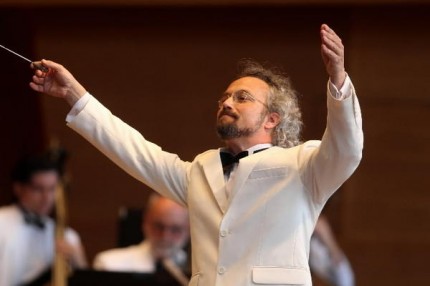
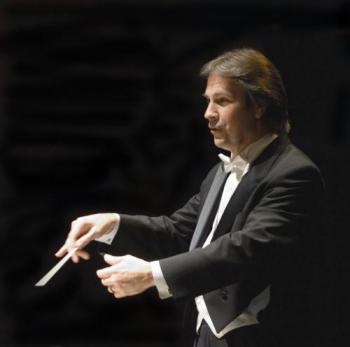
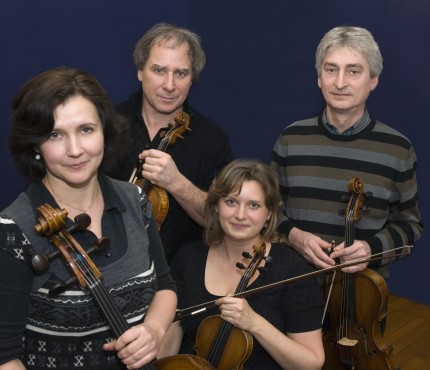
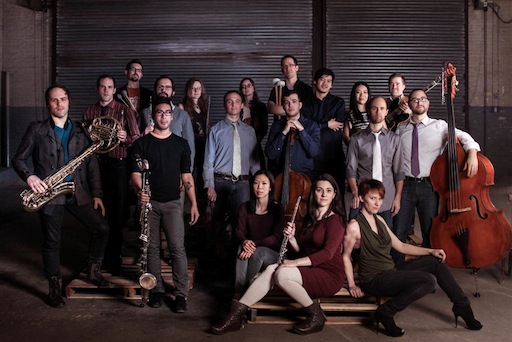
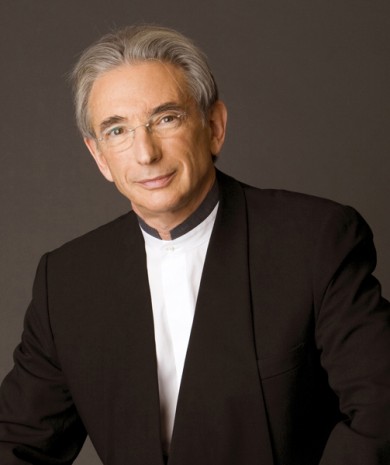
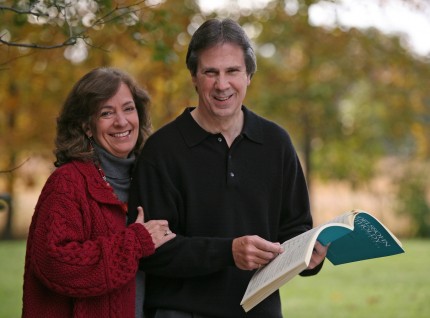





Posted Dec 24, 2013 at 2:27 pm by ChiLynne
And thanks to all who make this my go-to site for reviews and, especially, these special articles. Don’t always agree (usually do, though), almost always learn something, rush to buy tickets not often enough, all too often kick myself for not buying tickets. Hope 2014 brings us all much musical delight!
Posted Dec 27, 2013 at 5:15 pm by ChiMary
About that goofiest musical moment: those models stood (almost) motionless in their stiletto heels for the entire first part. We were taking bets as to which one would go down first. Luckily, the one who did was caught by her fellow models before she hit the floor!